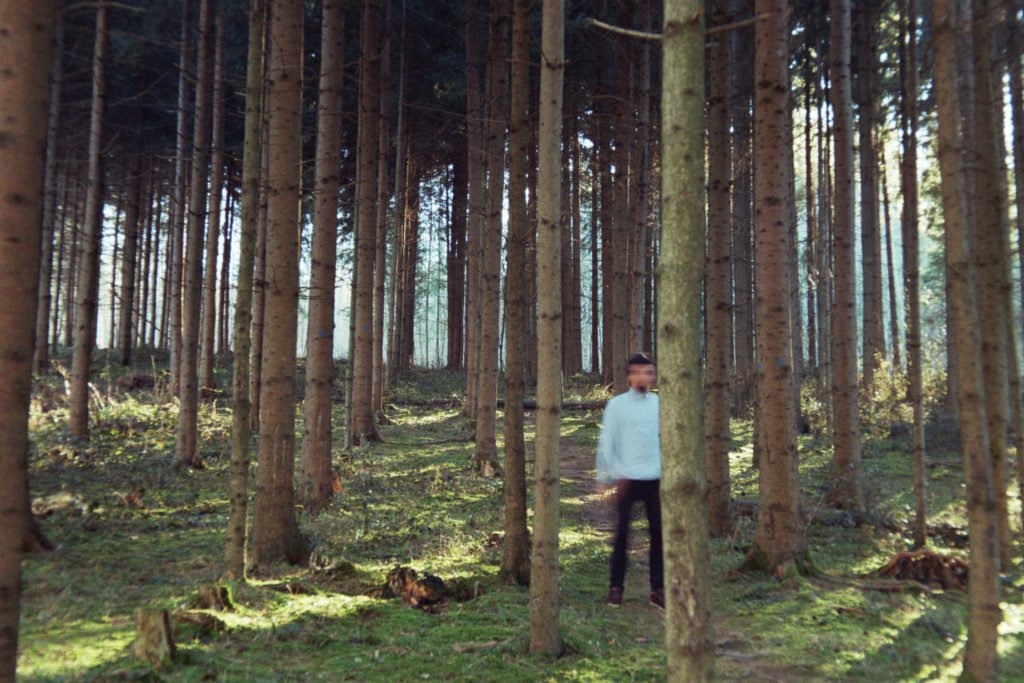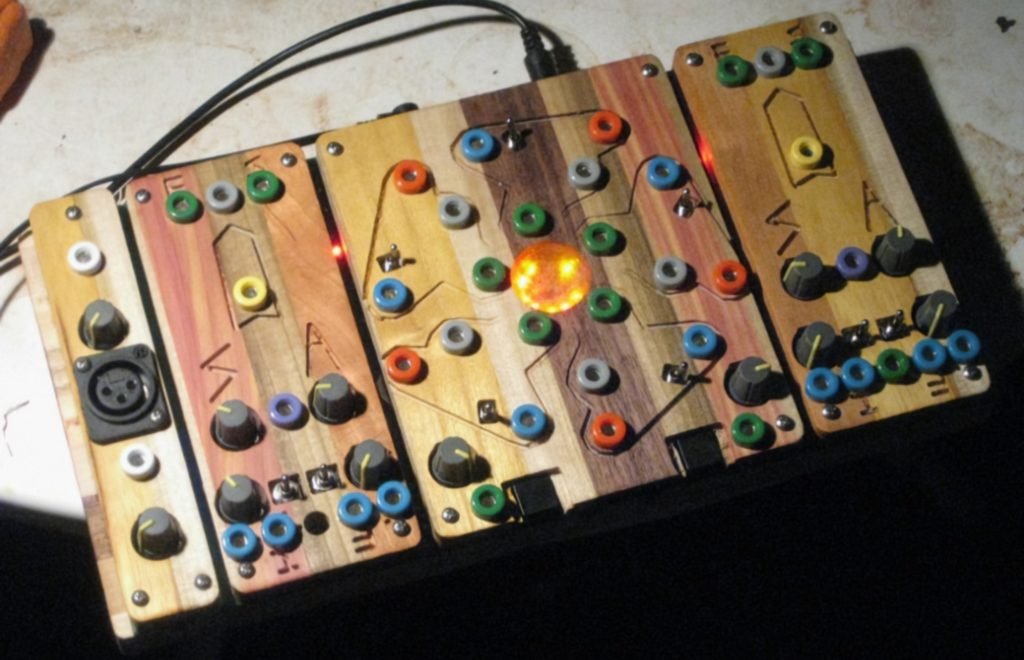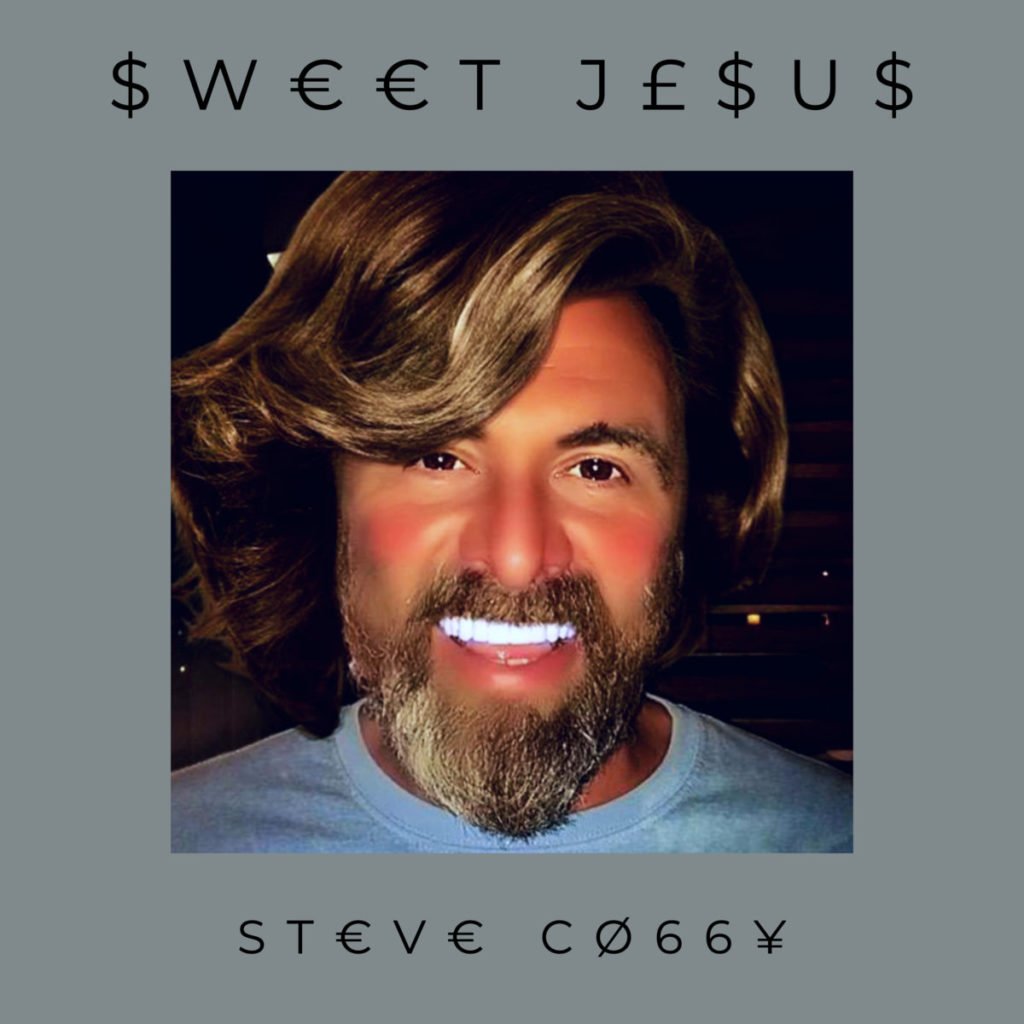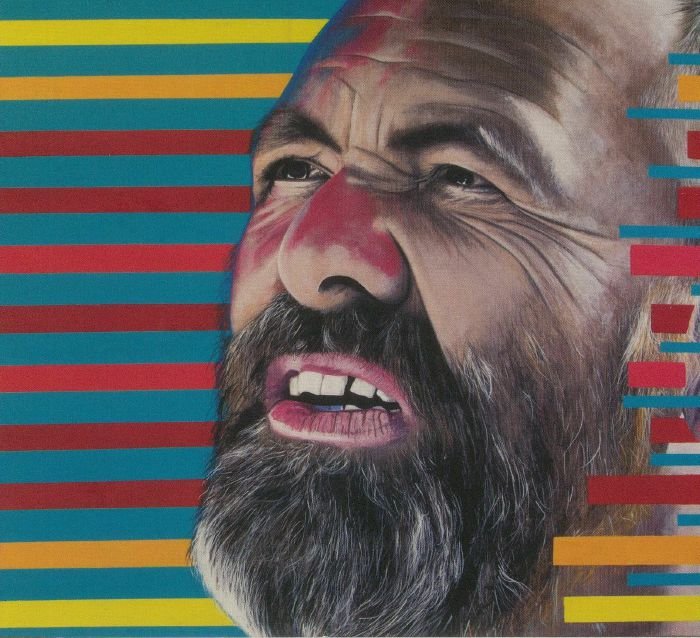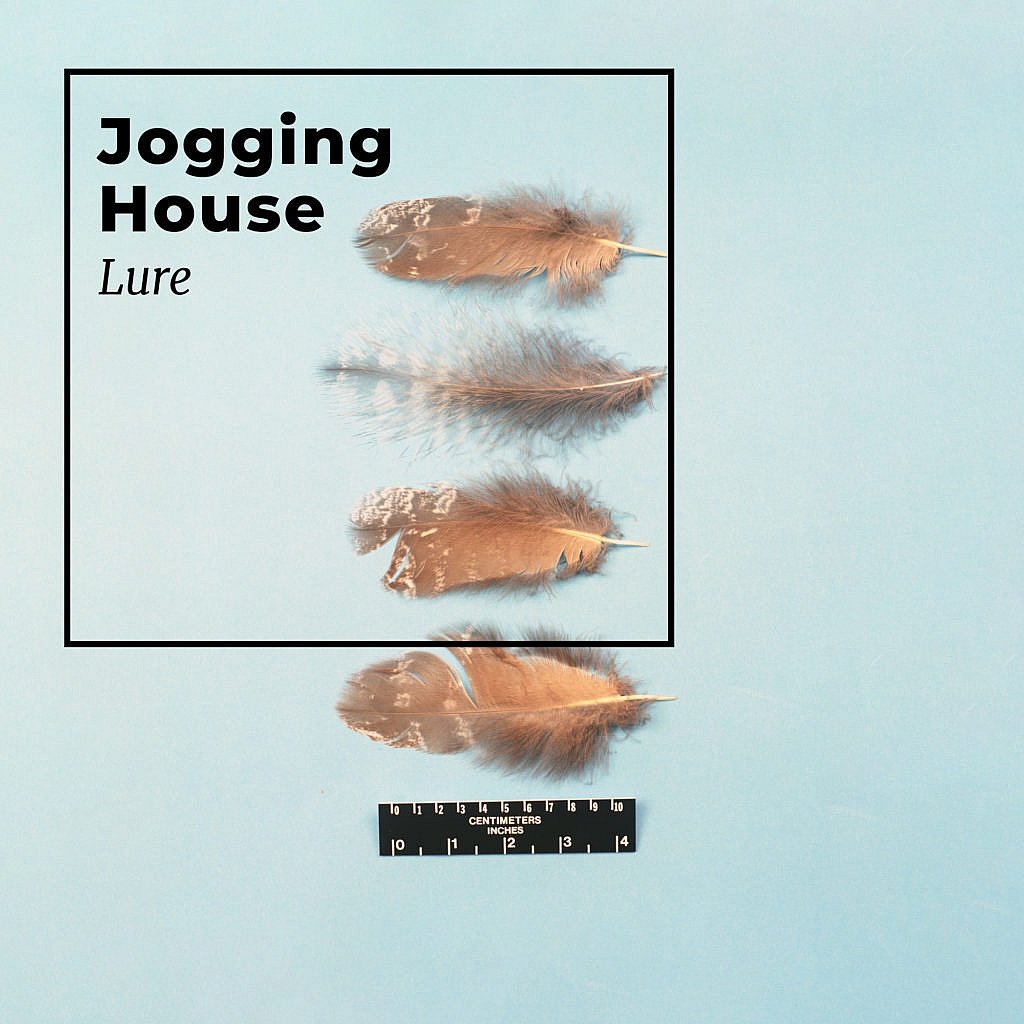It’s been a while since I rounded up some #Worktones that are inhabiting the home office via a pair of strategically placed desk-top speakers. Here are three albums that provide a calming concentration in these frazzling times.
Ralph Kinsella is a Scottish guitarist hailing from Dumfries and Galloway, a region primarily known to some (me) as the filming location of The Wicker Man. He reached out to the blog with a ‘check out my music’ email. I do listen when emailed (unless I’ve been bcc’ed, in which case I don’t), but I rarely receive delightful surprises like what Ralph had in store. His Abstraction EP is a gorgeous 5-tracker filled with soft, layered tones and subtle shoegaze moments. The guitar is front-and-center but awash in reverb and delay and accompanied by electronics and atmospherics. I’d describe Ralph’s EP as bright, gentle, and optimistic — as if Sarah Records released ambient music. I’m especially welcoming this sort of music into my life right now, and I can’t wait to hear Ralph’s future efforts. The Abstraction EP is a free download on Bandcamp, so there’s nothing to stop you from grabbing it. [LINK]
Continuing with more UK-based guitar ambiance, I was happy to discover We Were Never Here, the latest release from epic45. Rob Glover and Benjamin Holton, who make up the core of the band, started this project in 1995 while still in their early teens. epic45’s discography is a dozen-plus strong, and, sadly, I’m not familiar with any of it. But I take it this beatless and vocal-free album is a slight departure. A limited compact disc version of the album came with a booklet of photos of “familiar suburban and semi-rural ‘nowhere places’ that exist between large towns and cities.” The music matches this description, as these songs evoke vast, stumbled-upon locations — not the intended destination but compelling nonetheless. The sound is lush and memory-inducing, and, in addition to the occasional guitar, a menagerie of instruments, textures, and field recordings float from track-to-track. We Were Never Here is music for movies you watch with your eyes closed. [LINK]
M. Sage is a #Worktones veteran, and I previously remarked on the ‘happy accident’ spirit and sense of emergence I picked up from his music. Cattails & Scrap Tactics is his “collection of fragments, sketches, environments, and atmospheres,” compiled for Bandcamp’s June 5 artist-appreciation day, with all proceeds donated to Chicago’s My Block My Hood My City organization. I can hear the sound of an artist experimenting and wandering, but these are hardly rescued discards. It’s an album of thought bursts, welcoming attention and standing still as a complete document of the creative question. And it’s often beautiful and filled with exciting ideas. You’ll spot a guitar here, too, alongside a bevy of unidentifiable and mostly peaceful sounds to tickle the eardrums. If you’d like a download, you might be too late — the album was only available for purchase on June 5 as a special one-off. But it’s still streaming on the site — and that might be only temporary, too, so listen while you can. [LINK]
